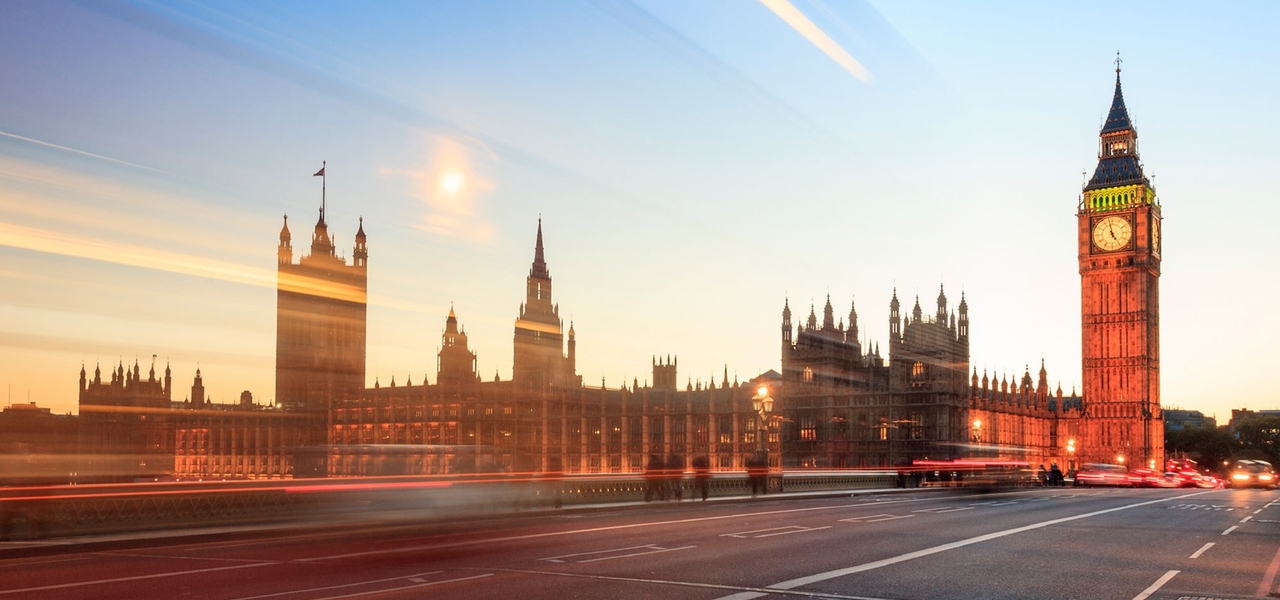The Westminster Parliament, dating back to 1256, is the supreme law-making authority in the UnitedKingdom and is comprised of the House of Commons and House of Lords. It is overseen by the Monarch.
What they do:
The Monarch (Crown)
Before a General Election: dissolves Parliament
After a General Election: invites the winning party - the Prime Minister - to form a new government.Presides over the State Opening of Parliament which takes place on the first day of a new parliamentarysession or shortly after a general election, and outlines government plans for forthcoming legislation in TheQueen’s Speech.
Gives Royal Assent to all bills passed by Parliament, which then become law.
House of Commons
Currently there are 650 Members of Parliament (MPs), each representing a constituency – containing approx67,000 electors. About 1 in 4 MPs are women.
533 MPs represent English constituencies
59 MPs represent Scottish constituencies
40 MPs represent Welsh constituencies
18 MPs represent Northern Irish constituencies
House of Lords
Made up of about 775 members: 80:20 men:women
Lords Spiritual the two Church of England archbishops24 diocesan bishops Lords Temporal -
Hereditary Peers About 90. The remainder are Life Peers, formally appointed by the Queen on theadvice and recommendation of the Prime Minister.
How laws are passed
A Bill is a proposal for either a new law or an existing law to be changed. It is presented for discussionbefore Parliament and must pass through many stages to become the law of the land.
Public Bills are the most common type of Bill. Introduced by Government Ministers, they affect the lawas it applies to the general population. Public Bills are introduced in either the Commons or the Lords andgo through a number of set stages that allow Members of both Houses to examine them and suggestamendments.
Private Members’ Bills are Public Bills introduced - in either House - by MPs and Lords who are notgovernment ministers. Less time is allocated to these Bills so they are less likely to proceed through all thenecessary stages but, by creating publicity around an issue, they may affect legislation indirectly. There arethree ways of introducing Private Members’ Bills in the House of Commons. The procedure in the Lords
is similar.
Ballot: the names of MPs applying for a Bill are drawn in a ballot held at the beginning of theparliamentary year. Normally, the first seven are given one day for debate.
Ten Minute Rule: MPs speak for just ten minutes outlining their position and another MP may opposeit in a similar short statement. This raises the profile of an issue and tests the support it may haveamong other Members; it is not usually seen as an attempt to get a Bill passed.
Presentation: MPs formally introduce the title of the Bill but do not speak in support of it. Any MP cando this provided notice is given. This rarely results in a Bill becoming law’
The stages of a Bill becoming an Act of Parliament
Beginning in either the Commons or the Lords, a Public or Private Member’s Bill passes throughseveral stages:
First reading: formal introduction of the Bill in the House without any debate
Second reading: debate in the House on general principles of the Bill followed by a vote to determine
passage of the Bill to the next stage
Committee stage: detailed examination clause by clause with discussion of amendments by acommittee made up according to the proportion of those voting for and against at Second reading.
Report stage: the Bill is brought back to the main chamber for consideration. This is an opportunity toadd new clauses or make amendments which the House debates and votes on.
Third reading: the final review of the Bill’s contents. In the Lords, further amendments are possibleat this stage. After a successful third reading in the House where it was first introduced, the Bill thenmoves to First reading in the other House.
Consideration of amendments: ’Ping Pong’ – when a Bill has passed through both the House ofCommons and the House of Lords it returns to wherever it started, for the second House’s amendments tobe considered. Both Houses must agree on the final text. There may be several rounds of exchanges untilagreement is reached on every word of the Bill. Then it proceeds to the next stage.
Royal Assent: the Queen’s agreement to give her Assent to a Bill is automatic.
Act of Parliament – finally the Royal Assent is announced to both Houses and the Bill’s proposals nowbecome law.
For more information on the parliaments and assemblies:
Scotland:
Wales:
Northern Ireland:
Public Affairs news from CARE:
Regular updates from CARE’s Public Affairs team:
